Throughout any car brand’s history, there are often landmark moments that bolster their reputation. This could be winning the grueling 24 Hours of Le Mans, reaching the production of 1,000,000 examples, or on occasion, the creation of a variant of an existing model so extreme that it puts fear into even the world’s most exclusive supercar makers. That final point is exactly what Porsche did in 1978, taking their humble 911 and cranking it up to 11 and beyond thanks to the addition of a turbocharger.
However, we must go back to 1974 to discover exactly where the idea of a turbocharged 911 stemmed from. Starting out as a 3.0-litre Turbo engine known as the Type 930/50, it promised to bring levels of power to the minimalist Porsche unlike anything people had experienced before. To ensure the Turbo stood out, it was given a much wider body and the now iconic whale tail rear wing. Practically overnight, the 911 went from a somewhat subdued coastal cruiser to a demolisher of Ferraris and Lamborghinis alike. To celebrate the model's 50th anniversary, we've selected some of the finest examples of the 930 Turbo from the Classic Driver Market.
These stunning 930 Turbos charter the iconic model's development:
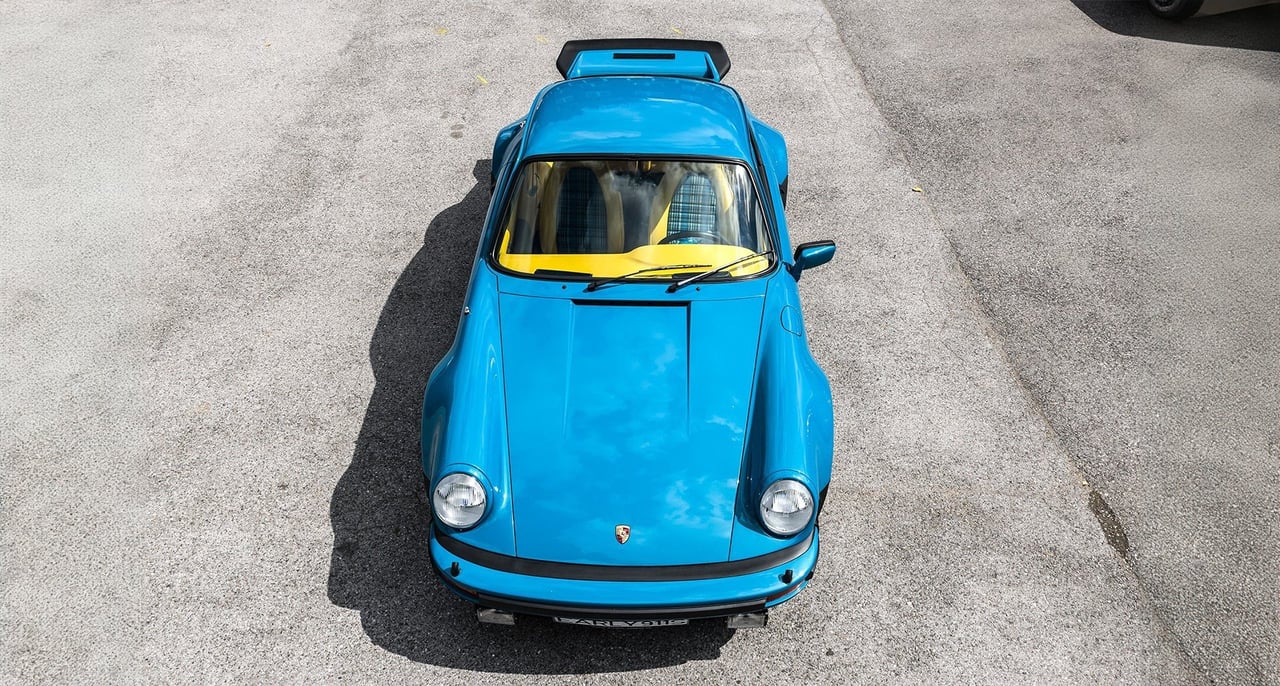
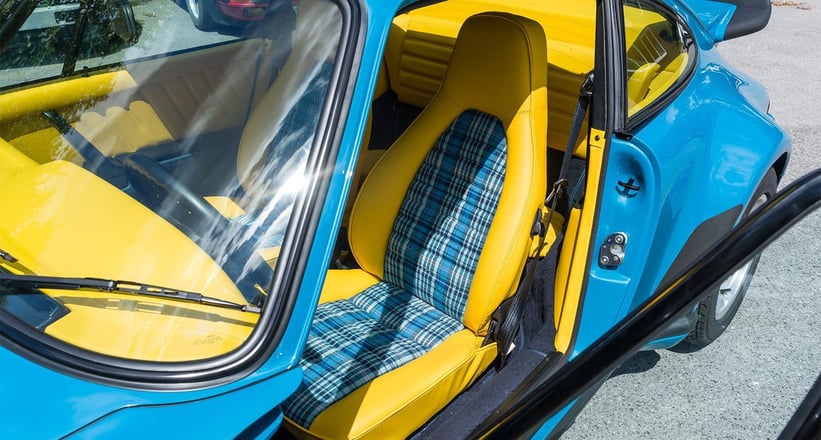
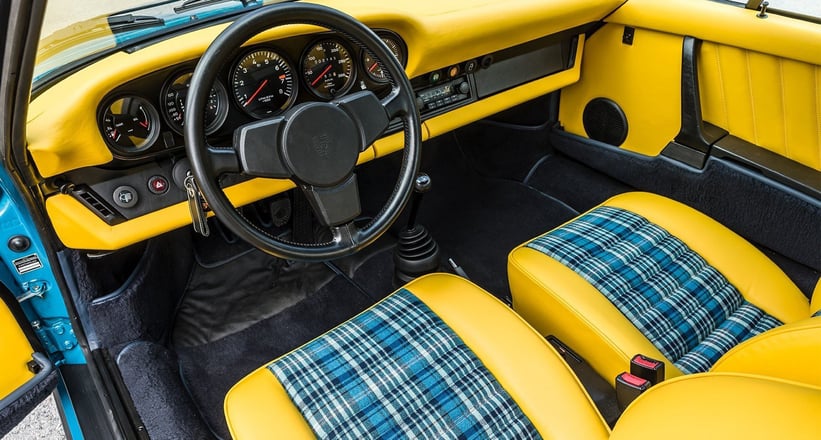
We start proceedings with an extremely unusual example from 1976, meaning it boasts the now far-rarer 3.0-litre engine, as the car was updated with a punchier 3.3-litre engine from 1978. This example showcases just how different some Porsche specifications were back in the day, and many forget that the Paint to Sample colour palette available to customers today mostly stems from Porsche's rich and often vibrant past. The Türkis Diamant Metallic paint looks simply stunning along the wide-bodied lines of this 930, but its interior is unlike any other on this list. The striking blue is contrasted with Yellow leather throughout the cabin, with blue accents throughout. The 930 Turbo is a certified head-turner at the best of times, but this one will surely make entire streets stop and stare!
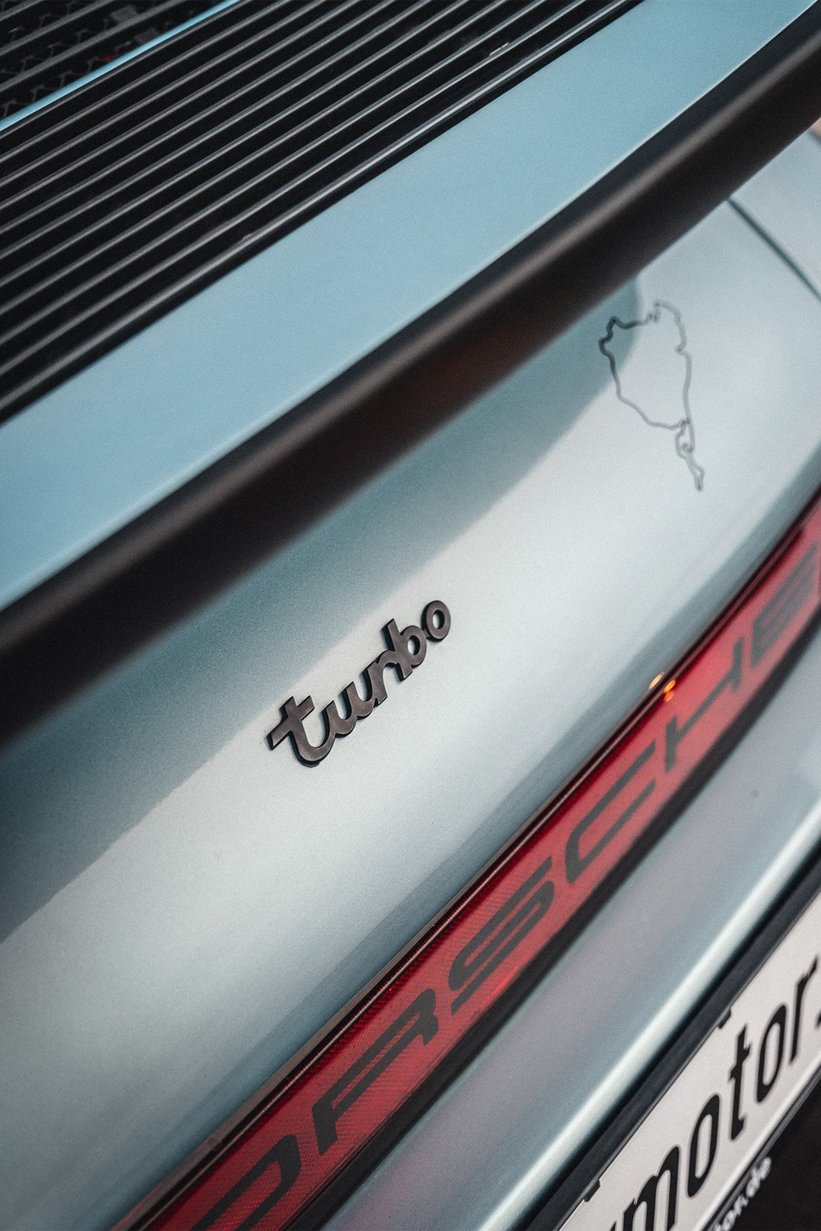
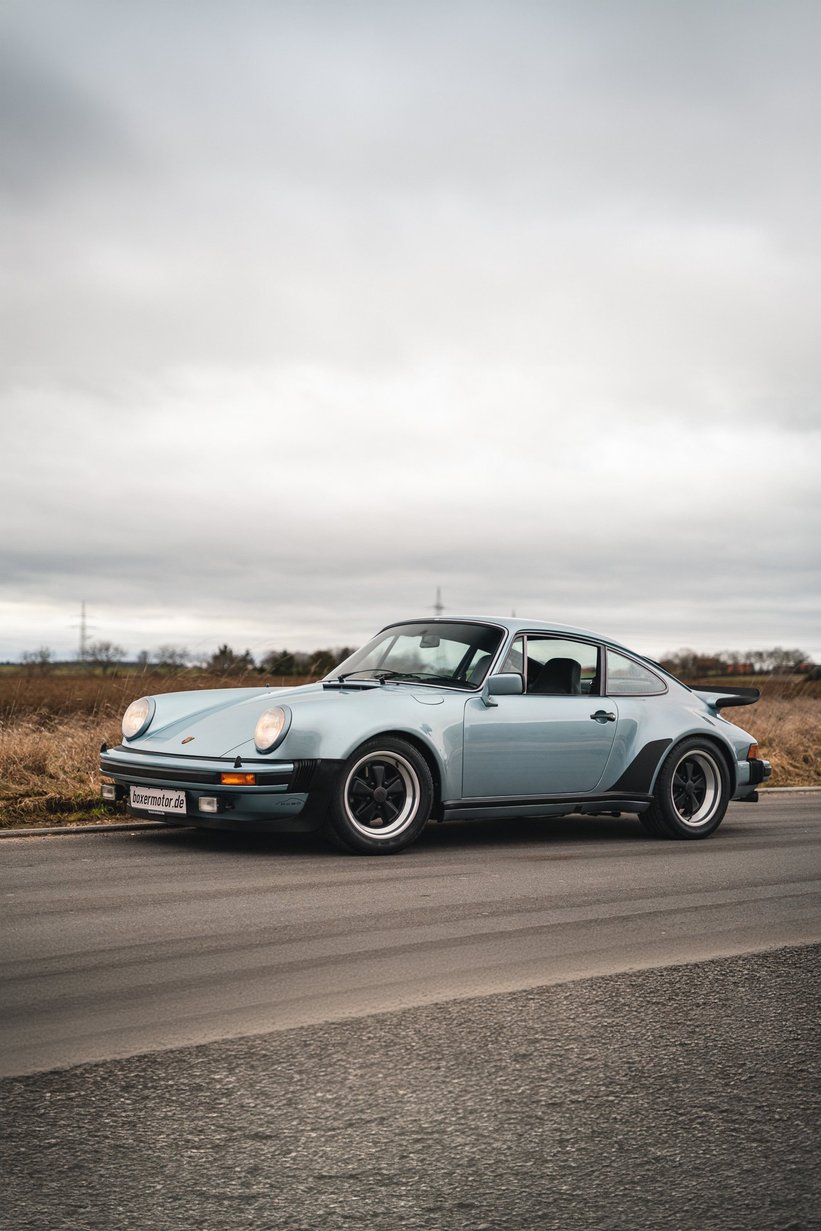
If a slightly more subdued 930 Turbo is more your style, we present to you this Marathon Silver Blue Metallic example, just one year newer than the car above. This means it still boasts the highly sought-after 3.0-litre engine and presents as a perfectly usable classic. Just be sure to concentrate when building up those revs, ready for when the turbo kicks in!

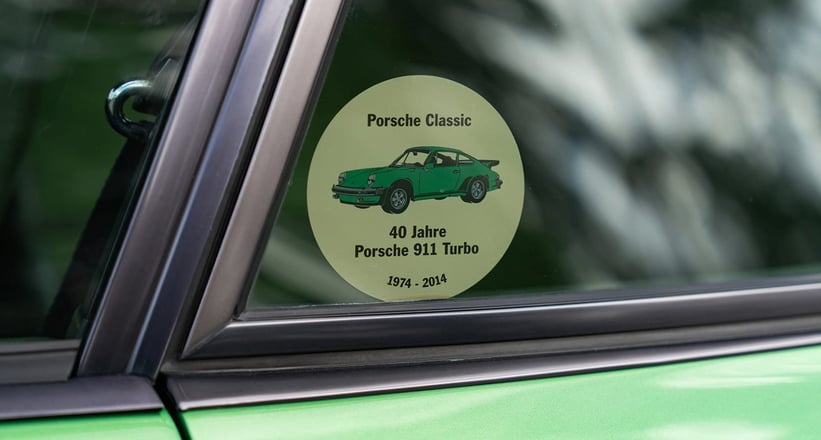

This striking metallic green example heading to Gooding & Company’s upcoming sale threads the needle between standing out and blending in, as a 911 does so well. Also from 1977, this example features a stunning matching green interior, which extends right through to the carpets and dashboard. As lovers of all things green here at the Classic Driver office, this emerald example is the one we’d be spooling off into the sunset in!



Jumping ahead to 1982, we come to a 930 Turbo that looks almost alien compared to the rest. Finished in Grand Prix White over Cream leather, this later 3.3-litre powered Coupe features a Slantnose conversion, which was a unique way of customising the 911 back in the 1980s as a tribute to the 935. The altered front end wasn’t exactly a storming success, and a mere 34 examples exist, with this example being one of the very first!
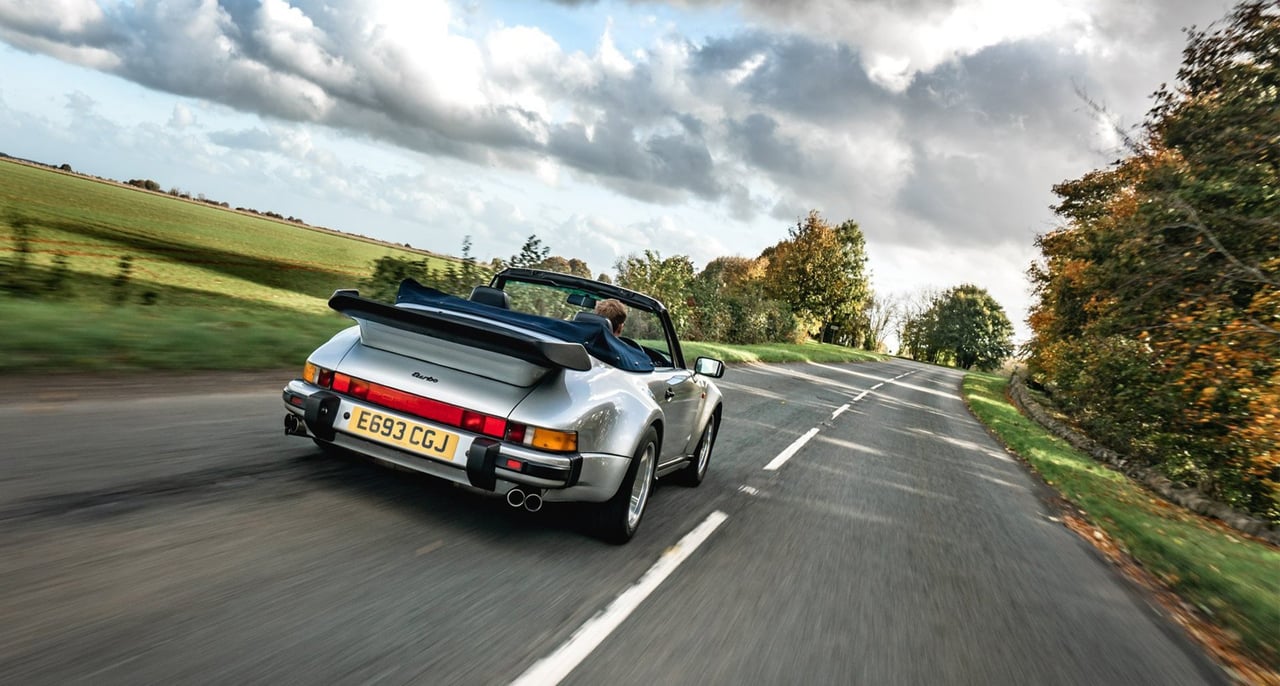
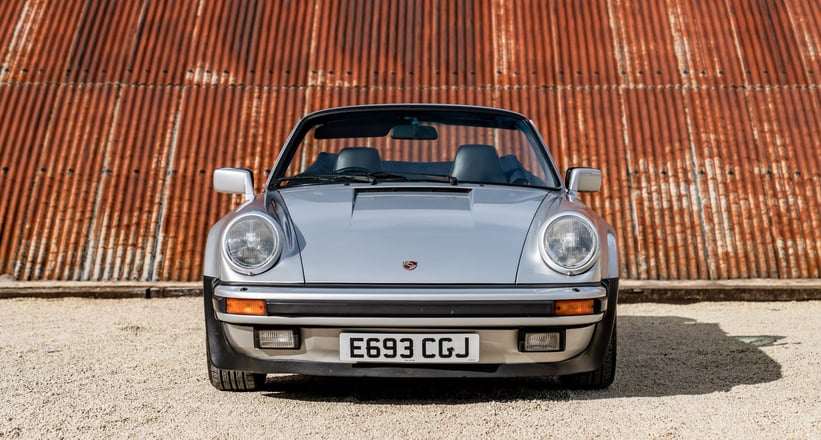
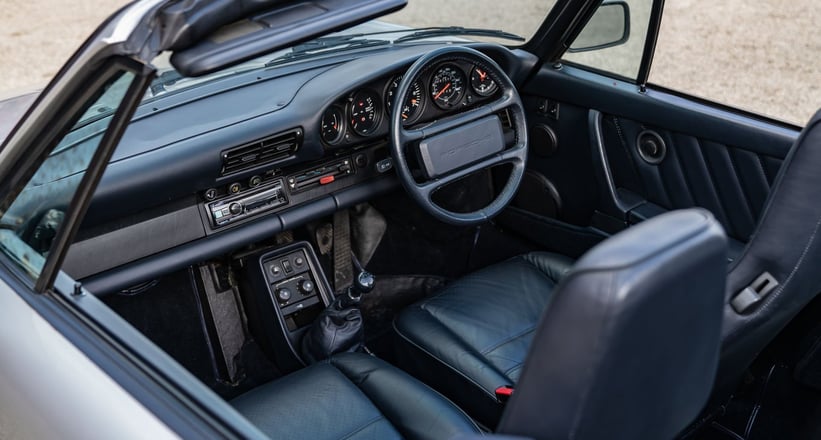
As with all 911s, the variations are what made the 930 so appealing. From coupe to flatnose, speedster to cabriolet, there truly was a 911 for every type of enthusiast, and this one-of-39 right-hand drive 930 Turbo Cabriolet just had to be a part of our showcase. After enjoying a complete restoration in 2014, this sleek Silver Metallic example might just be the coolest drop-top money can buy right now. Just imagine how good that engine sounds without windows or a roof!


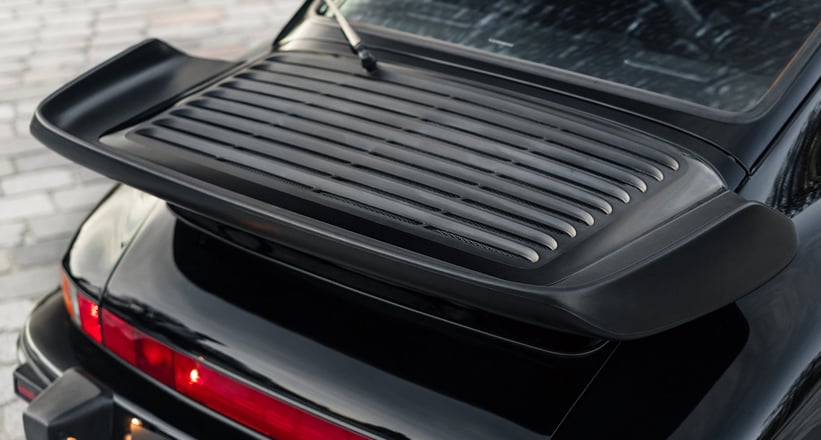
And so, we reach the final and perhaps the best iteration of the 930 Turbo to exist; a car steeped in mystery and admiration in equal measures. Known as the 930 Turbo Sonauto, this 1989 model is the 6th of just 10 examples ever made and boasts power unlike any other Turbo Porsche had built prior: 352.2 horsepower at 5,250 rpm, to be exact.
Although still donning the wider body lines and whale tail, this later model features a mesh front spoiler and a sportier chassis with Bilstein shock absorbers which lowers the car by 38 mm at the front and 27 mm at the rear. A predicted future million-dollar car, this handsome example has thankfully been enjoyed to the fullest by its European owners, covering over 46,000 kilometres!




















